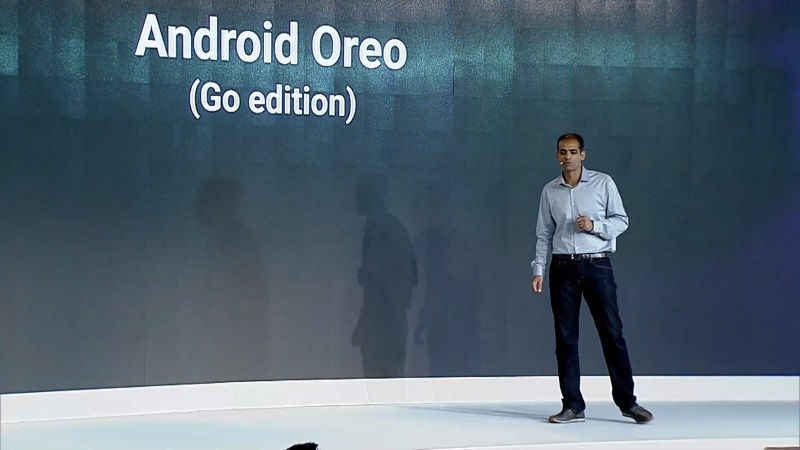Google and MediaTek have partnered to jointly come up with affordable smartphones that though are entry-level devices, still perform well.
Perhaps you have personally experienced this; the cheaper the smartphone, the poor its performance. The biggest pain points with entry-devices are the limited processing power and storage space. Google and MediaTek want entry-level smartphone have at the very least average performance levels and give you the power to control the data usage. The duo wants smartphones with at least 512MB to 1GB RAM not be so painstaking to use yet affordable for everyone.
On its part, Google has optimized Android Oreo (Go edition) by tweaking first-party apps and Google Play Store to run faster and smoothly even entry-level devices. The Go-edition of Android Oreo leverages on existing Google Play Store ecosystem to run apps smoothly even on low-memory devices.
Sameer Samat, the VP of Product Management, Android & Google Play said, “Entry-level devices are the gateway to the internet for many people, and we want to make sure everyone has a great experience when they use these devices. We’re excited that Android Oreo (Go edition) will significantly improve storage, performance, data management, and security.”
TL Lee, the General Manager of MediaTek’s Wireless Communication business unit, added, “Today’s announcement builds upon our existing work with Google, including our recent collaboration on Google’s GMS Express to speed up the certification process. With Android Oreo (Go edition), we are partnering with Google to tackle the performance challenges of lower memory phones, improving the use experience of entry-level smartphones for consumers in key markets across India, the Middle East & Africa, Latin America and South East Asia.”
Android Oreo (Go edition) is hinging on MediaTek’s turnkey references and chipsets, which are designed purposely to reduce product development time and compliance testing. Already, a good number of MediaTek SoCs support Android Oreo (Go edition). They include the MT6739 AND MT6737 for 4G-enabled devices and the MT6580 for the 3G devices.
That gives OEMs the option of making devices with a range of capabilities targeting specific price points and markets. The first Android Oreo (Go edition) smartphones will start shipping worldwide come next year.



